Russia accuses BBC of 'promoting terrorist propaganda'
Russia’s media regulator says it has found material on BBC websites that were promoting terrorist propaganda, shorty after it launched an investigation into the activities of the British public broadcaster.
The media regulator, Roskomnadzor, said in a statement that it was investigating whether the broadcaster was in violation of “Russia's strict anti-extremism legislation.”
“To date, material has been uncovered which transmits the ideological principles of a terrorist group,” it said.
The regulator said it has found quotes from Abu Bakr al-Baghdadi, the Daesh terrorist group's leader, in news reports on the BBC Russian service website.
Russia does not forbid quoting individuals considered "terrorists," but any mention of the Daesh terrorist group has to come with the disclaimer that the group is banned in the country.
Roskomnadzor opened its probe into the activities of BBC World News channel and BBC websites in December in response to a decision by British media regulator Ofcom, which has accused Russian broadcaster RT of breaking the rules in some of its news and current affairs programs.

Back then, the BBC said that it “works in Russia in full compliance with the country's laws and regulations to deliver independent news and information to its audiences."
Ofcom had earlier accused RT of breaking broadcasting rules by allegedly failing to preserve due impartiality in seven news and current affairs programs over a six-week period.
It has launched a number of investigations to check the output of RT, formerly known as Russia Today.
RT rejected the allegations, saying the British regulator had not paid “due regard” to its broadcasting rights.
The state-sponsored British broadcaster has already been accused by Iran of seeking to undermine the country’s security.
An Iranian diplomat, Zahra Ershadi, said last November that the Islamic Republic was the target of a media war which is planned, organized and funded by hostile governments.
She made the remarks in response to comments made by the UN Special Rapporteur on Freedom of Opinion and Expression, David Kaye, after he publicly criticized Iran for allegedly restricting the activities of BBC Persian.
BBC Persian Television was launched in 2009 and is broadcast by satellite and is also available online. Its annual budget of £15 million (about US$19.5 million) was funded by the Foreign Office but claims to remain “editorially independent.”
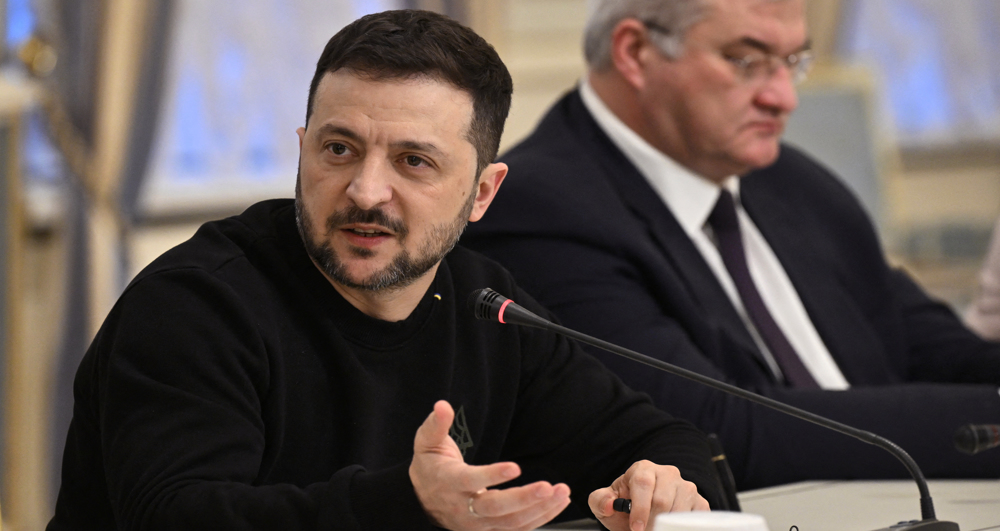
West yet to fulfill NATO summit’s promise of arms supplies: Zelensky
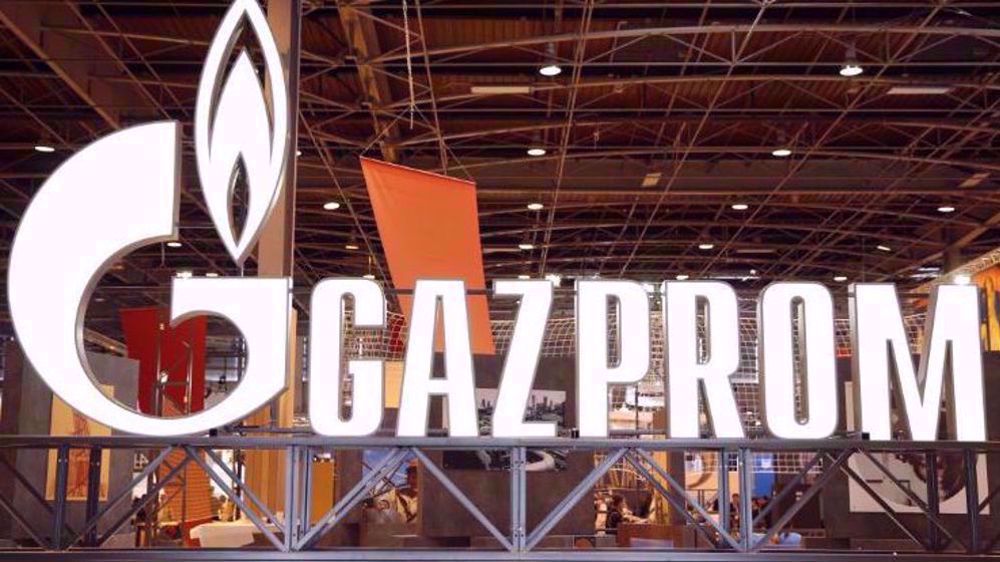
Russia vows to respond to ‘hostile’ US sanctions against its energy sector
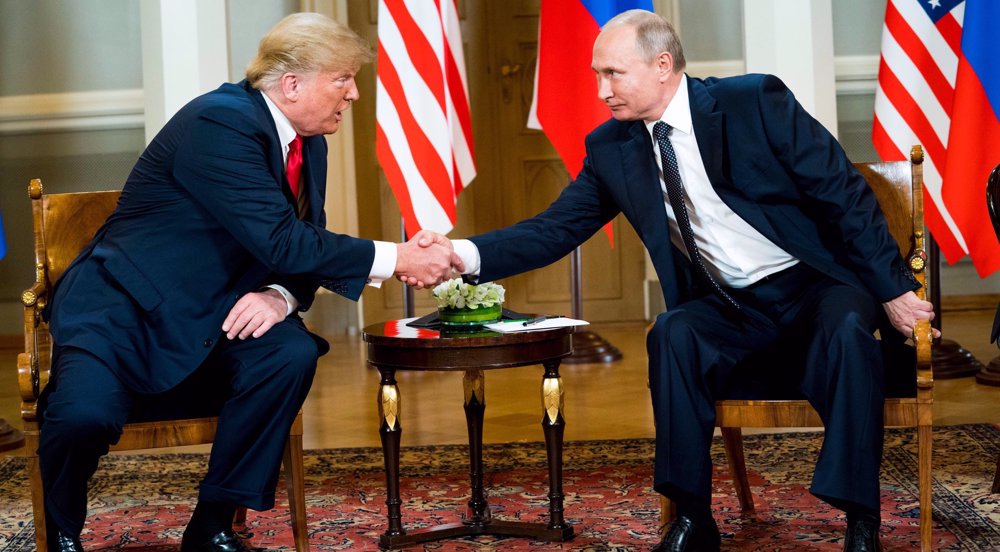
Trump says ‘setting up’ meeting with Putin over Ukraine war
UFC legend Khabib Nurmagomedov accuses US airline of racism after being deboarded
Israel turns hospitals into mass graves in ‘hellish’ north: Gaza Health Ministry
Israel bombs Lebanon in new violation of truce with Hezbollah
Jan. 12: ‘Axis of Resistance’ operations against Israeli occupation
Gaza’s GDP plummeted by 82% amid Israel's genocide, statistical data show
Iran Army unveils ‘daunting’ laser-powered air defense system guarding nuclear sites
VIDEO | 1,000 strategic, anti-fortification drones join Iran Army arsenal
Iran: US military, political intervention in Yemen complicating Red Sea situation


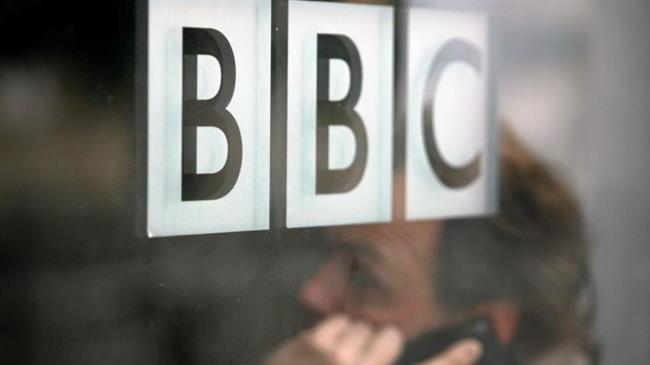





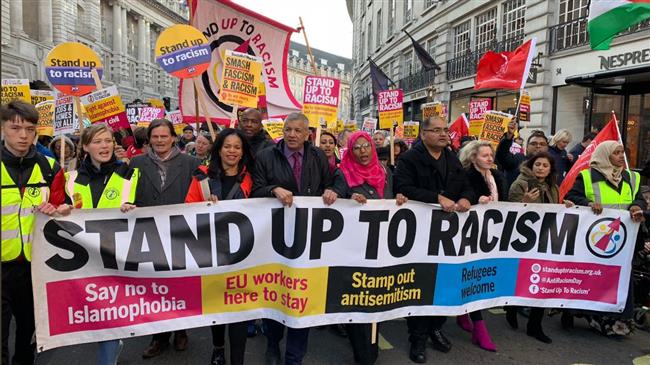

 This makes it easy to access the Press TV website
This makes it easy to access the Press TV website